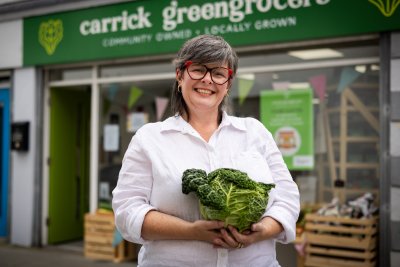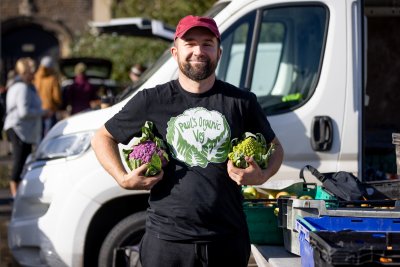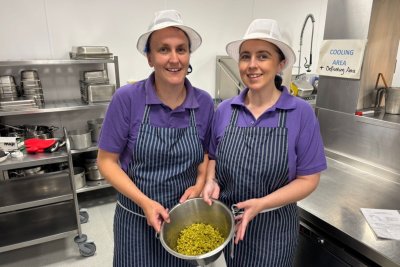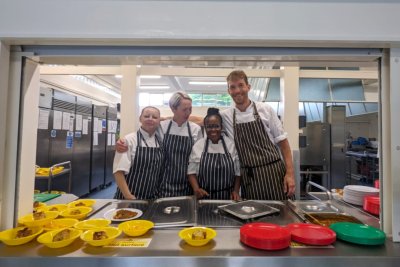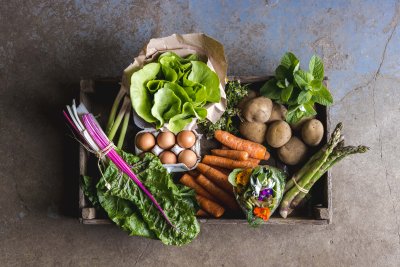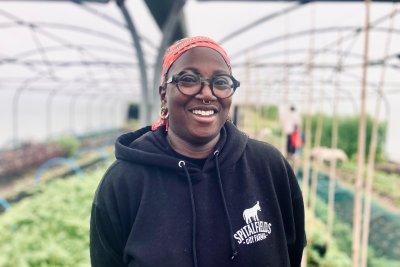In a Deposit Refund Scheme (DRS) you buy the contents of a bottle, but only borrow the bottle. The small deposit paid on top of the drink (Irn-Bru bottles had a 30p deposit) is fully refunded when the empty bottle is returned.
At the moment many householders put aluminium cans and glass and plastic bottles out to be collected by council bin men. The councils then sort the waste and make money by selling on the materials to recycling companies. Some local authorities had expressed concerns about an introduction of DRS because they would lose out on this income from kerbside recycling systems.
However, a new report shows that DRS could be cheaper than kerbside collection because local authorities would have less waste to collect and would save on clearing up litter.
Sustain members Keep Britain Tidy, Campaign to Protect Rural England (CPRE) and the Marine Conservation Society joined with Surfers Against Sewage, Reloop and Melissa and Stephen Murdoch to commission the study by Eunomia Research.
The CPRE believes the introduction of the scheme would have dramatic results,
“Every day 35 million plastic bottles and 20 million aluminium cans are sold across the UK and many end up as litter, in our oceans or in landfill sites. Evidence from other countries, including the US, Norway and Germany, shows that the introduction of a simple deposit on plastic bottles and cans can raise collection rates above 90% and reduce littering.”
DRS could work as a ‘reverse vending machine’; similar to a cash sorting machine at a supermarket. Consumers would take their bottles to be sorted by type of material and would have their deposit returned to them. These cans and bottles, which are in a good condition, could either be refilled by companies or moulded into new bottles.
Sustain: Sustain The alliance for better food and farming advocates food and agriculture policies and practices that enhance the health and welfare of people and animals, improve the working and living environment, enrich society and culture and promote equity.

